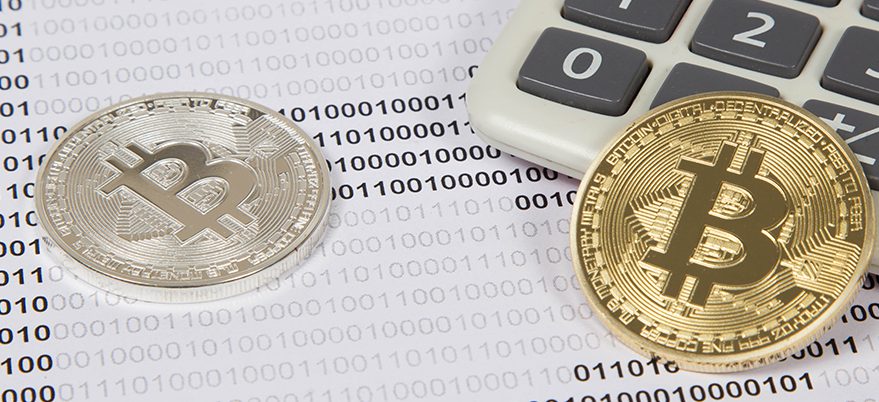|
Getting your Trinity Audio player ready...
|
Using cryptocurrencies like Bitcoin for small purchases in the United States may no longer incur an obligation with the tax man soon.
This was after two members of the U.S. House of Representatives have filed a bill that would create a de minimis exemption for digital currency transactions under $600, starting January 1, 2018.
The Internal Revenue Service (IRS) declared in 2014 that it would consider cryptocurrencies like Bitcoin as a kind of property for tax purposes, which means that any profits made when selling or trading such currencies would trigger a capital gains liability—even for small, day-to-day transactions.
To address the issues that stemmed from the IRS ruling, Reps. Jared Polis and David Schweikert filed the Cryptocurrency Tax Fairness Act, which, if passed, would subject cryptocurrency to a tax regime similar to that of foreign currency. The bill also directed the U.S. Treasury Department to create the guidelines for reporting on digital currency-related profits and losses.
“By cutting red tape and eliminating onerous reporting requirements, it will allow cryptocurrencies to further benefit consumers and help create good jobs,” Polis said in a statement.
The bill comes in the heels of a legal feud between the IRS and digital currency exchange Coinbase, which flared up after the tax agency asked the San Francisco-based start-up to hand over its customer transaction records as part of the government’s investigation into possible incidents of unpaid taxes.
Polis and Schweikert co-chair the Blockchain Caucus congressional group, which has also called on the IRS to “issue additional guidance on the tax consequences and basic tax reporting tax requirements for transactions using virtual currencies.”
The legal battle continues, although the IRS has already narrowed down the criteria of its summons to focus on users who had engaged in a bitcoin-related transaction “at least the equivalent of $20,000” between 2013 and 2015.

 03-01-2026
03-01-2026 




